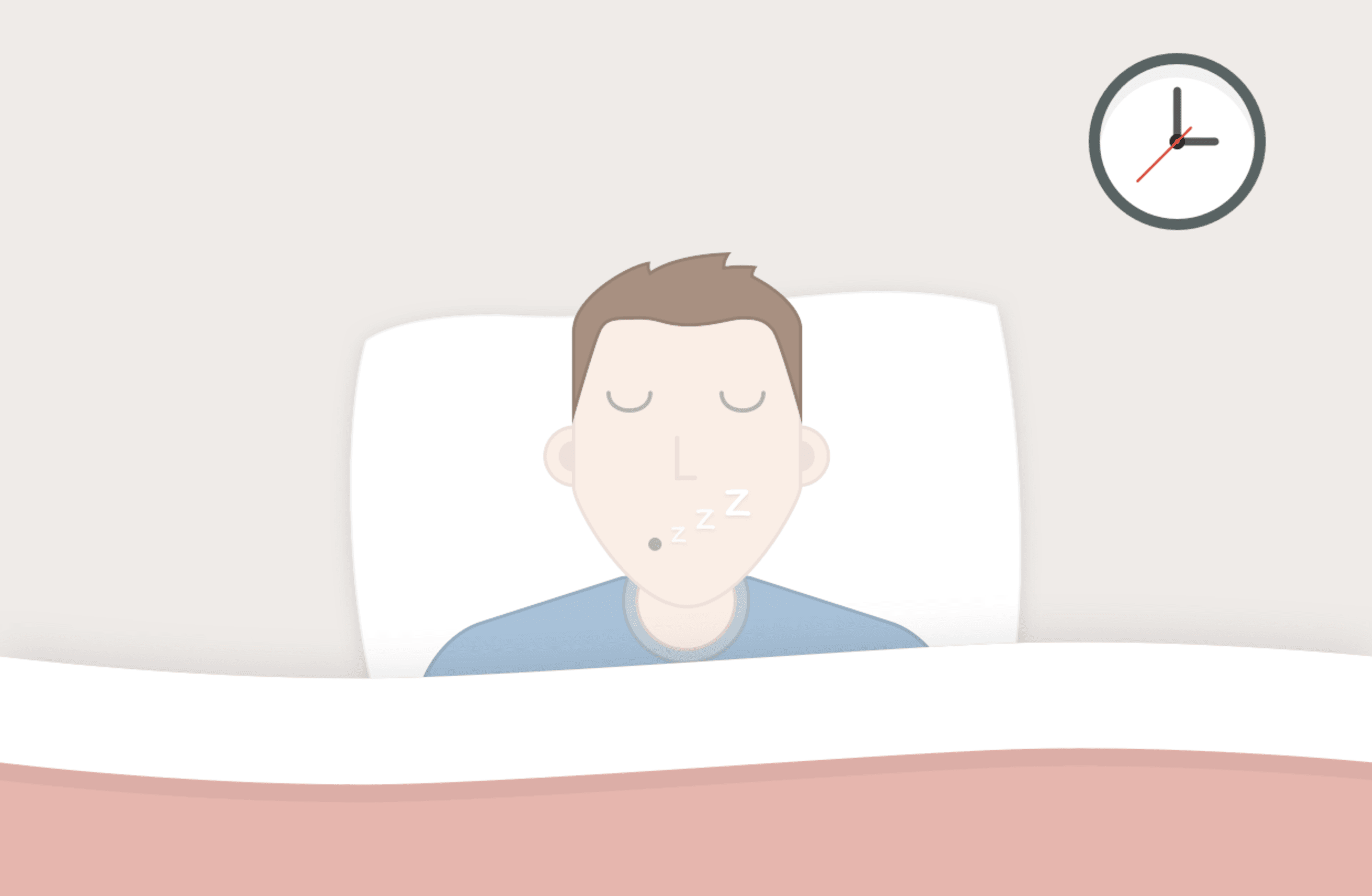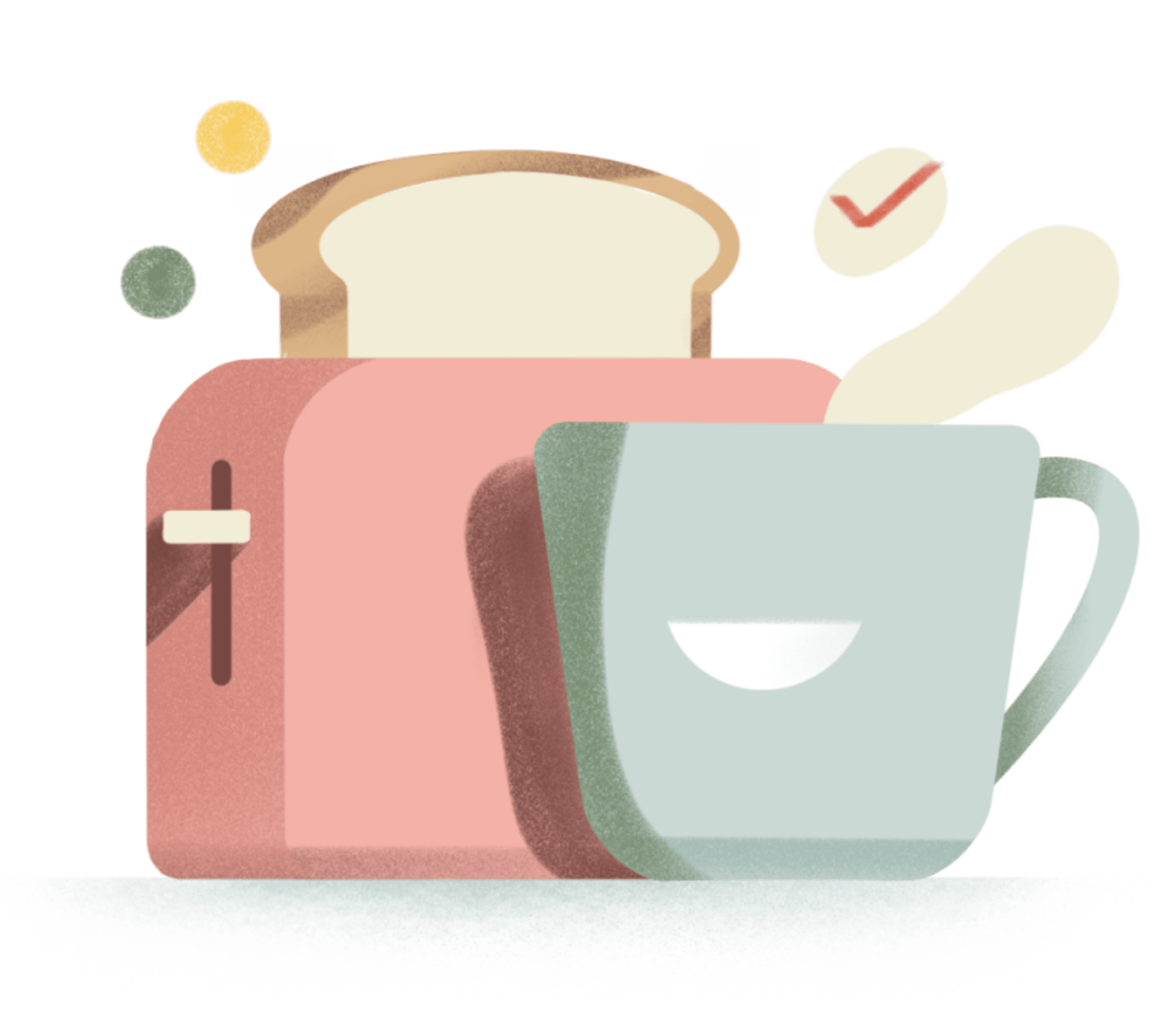I remember the first day of my 10th grade English class better than any other day of my time in grade school. I entered the room with my 20-or-so classmates where we were instructed to “lie our heads down” and “stay quiet." The lights were off and only the light through the semi-closed blinds lit the room. And, of course, The Grateful Dead was playing softly in the background.
The teacher, Mr. Gibson, who is still a friend of mine to this day, later explained to us that we were participating in what he liked to call “productive resting.”
On days we were being particularly rowdy while entering the classroom, we lost this privelege. At the time, I saw it more as a reward than a tool – an excuse for the teacher to squeeze in time for one of his favorite bands during school hours. And the name, I figured, was just some clever guise to keep any passing administrators at bay.
I never questioned why Gibson let us sleep while all the other teachers scoffed at the mere thought of a yawn from a student. I only saw productive resting at face value – a time to lay my head down, listen to some decent music, and, most importantly, not do any classwork.
It wasn’t until several years later, after I took a job working from home, that I discovered productive resting is a productivity and focus technique used by some of the world’s greatest minds, both current and past. I learned that sleep is not only one of the strongest productivity tools in everyone’s arsenal, it’s also among the most undervalued.
How much is enough?
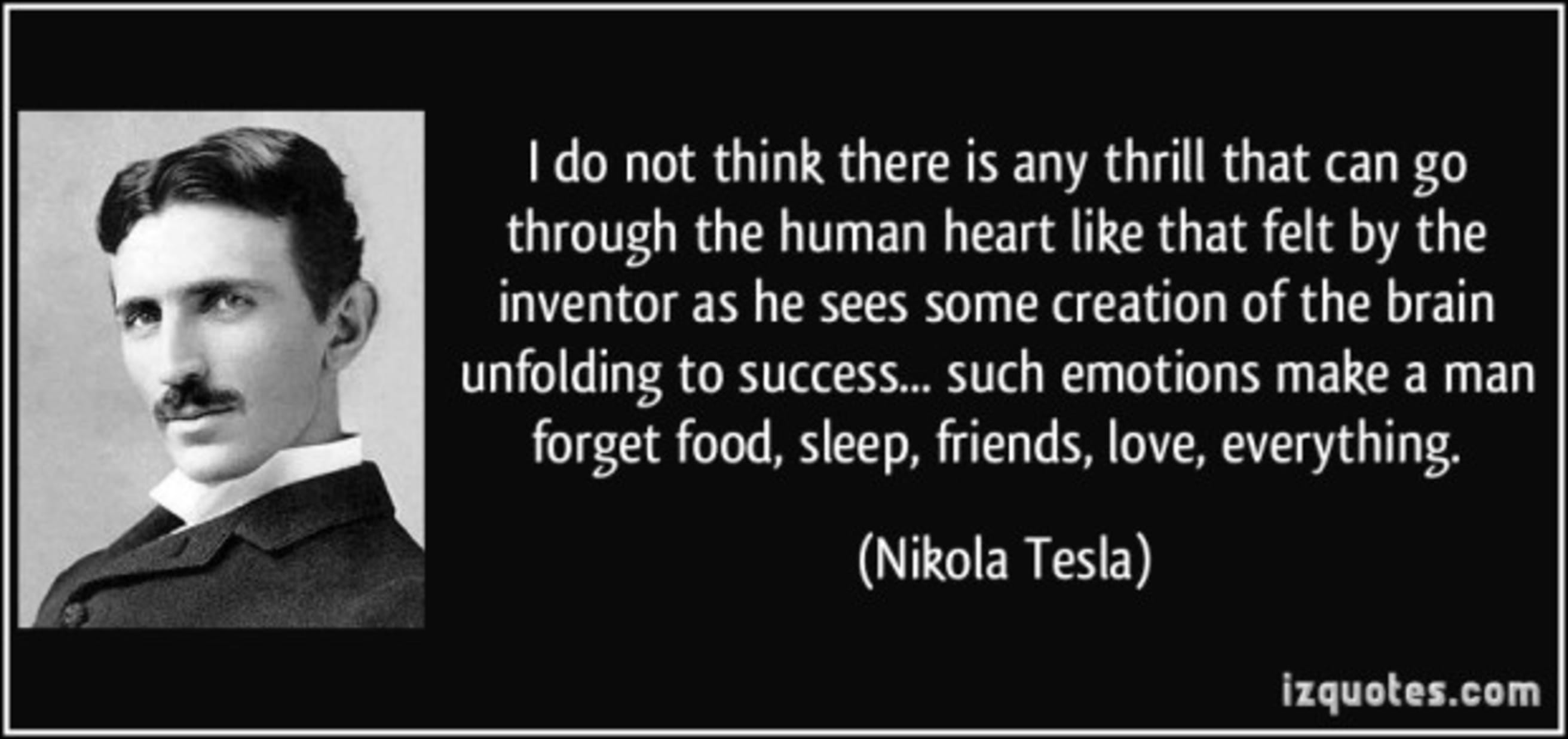
I often joke about sleep being one of the things I can never get enough of. In truth, I can and often do, even though I’m an admitted procrastinator of sleep. Like most things in my life, I put it off until the very last minute, then I crash, and I wake up later than I anticipate – every single day of the week.
On most days, I don’t get the recommended eight hours of sleep. Instead, I typically sleep between five and seven hours, at best. On the upper end of my sleep schedule, I’m getting the bare minimum recommended hours of sleep, yet I rarely feel sluggish and groggy throughout the day.
The recognized standard eight hours of sleep is nothing more than a recommendation based on averages and basic knowledge of something far more complex.
The average person is said to need a full eight hours of sleep to feel rejuvenated and fresh the following morning. However, some people need more or far less to function at the same or a similar level. Some people prefer nine hours of sleep. Albert Einstein is said to have slept 10 hours per night, plus regular daytime naps. Other great achievers, inventors, and thinkers – such as Nikola Tesla, Thomas Jefferson, Thomas Edison, Winston Churchill, Leonardo da Vinci, and Sir Isaac Newton – are said to have slept between two and four hours per day.
So how much should you sleep?
Eight hours is a nice starting point, but at the end of the day – or the end of a long rest – only your body knows if it needs more or less. It will have its own way of telling you that you’re not giving it enough.
When I’ve gone too long with too little sleep, my body has no problem letting me know. There’s a distinct dryness to my eyes and it’s more difficult than normal to concentrate and keep my eyelids open. When it takes even the slightest effort to say awake, I take the hint and give my body the rest it obviously needs.
This is hardly different from how all of Newton or Tesla allegedly operated. Rather than adhering to the monophasic sleep cycle (or one long sleep session during the night hours each day), they used what is known as polyphasic sleep, where power naps are used to give the body the restorative rest it needs in shorter, more frequent bursts.
In an eight-hour sleep cycle, the average human will reach REM sleep between four and six times, once every 90 minutes, give or take. Some supporters of polyphasic sleep feel the time between these REM stages are wasted hours of sleep. If you could train your body to enter REM sleep more rapidly, it stands to reason you would need fewer hours of overall sleep, right? That’s the theory, at least.
The point is, there is no set number of hours you should sleep. It varies by person and if you feel drowsy after a full night of rest, your body is likely trying to tell you something isn’t right. It’s up to you to decipher whether you are sleeping too much or not enough.
Why sleep is important
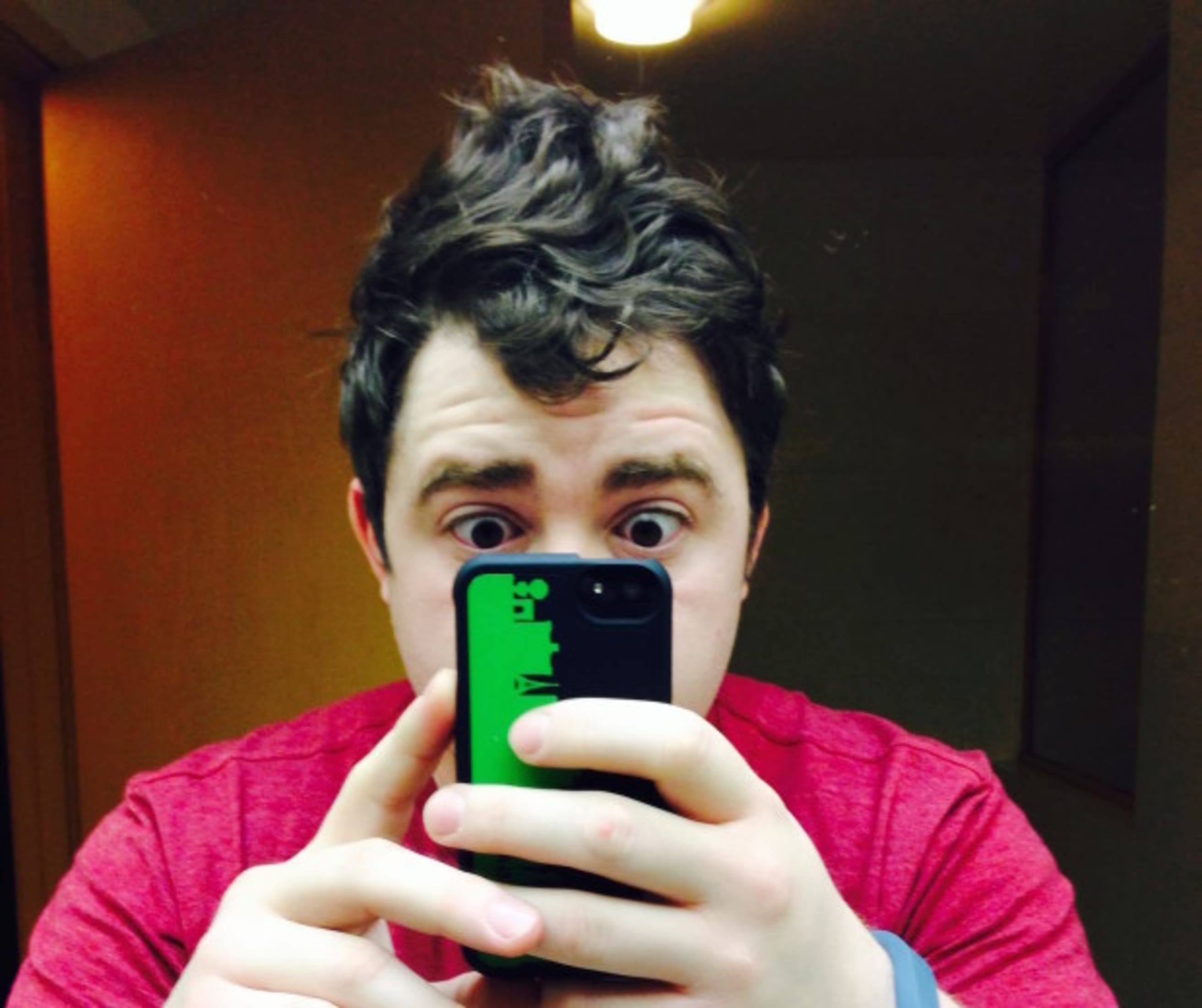
The truth of the matter is, science still tells us very little about sleep. We know about the different stages of sleep, the effects of sleep and a lack thereof, and that everyone does it. But why? No one seems to know.
According to BBC, the energy saved over the course of an eight-hour rest, roughly 50kCal, is virtually insignificant. Yet, without a nice sleep session, our cognitive skills diminish, moods swing, and basic daily functions become far more difficult and challenging.
In the name of science, Tom Mitchelson at Daily Mail attempted to live on just two hours of sleep per day. He experimented with "The Uberman,” or a polyphasic sleep schedule based on twenty-minute naps every four hours throughout each day – no long sleep session at all.
After just 90 hours, Mitchelson reports struggling with even the most basic human interaction, like paying for milk at a convenience store or answering a simple question. He experienced dramatic mood swings and even struggled to sleep due to the anxiety of having to wake up in just 20 minutes.
His doctor recommended abandoning the experiment immediately and possibly trying a different polyphasic schedule, so he implemented “The Everyman” – a core three-hour rest at night, paired with 20-minute naps every four hours after 10:00 am. Just days after switching to the new sleep schedule, Mitchelson reported a boost in productivity, alertness, and energy, but a drop in exuberance.
I’ve been there before. Sleep deprivation isn’t a laughing matter, it’s not something you brag about, and it isn’t something anyone should have to endure. Not to mention, it’s extremely unhealthy to deal with for any length of time.
On the flip side, getting quality rest can offer serious benefits, such as improved memory retention, longer life expectancy, heightened creativity and focus, and a lower risk of diabetes, heart disease, and obesity. And obviously, there’s more to it than simply closing your eyes and dreaming about fairies and unicorns for eight hours every night. You can sleep 15 hours per night, but if it isn’t quality rest, you can wake up feeling just as tired and groggy as you were before you slept.
So how can you set yourself up for quality rest?
How to get quality sleep
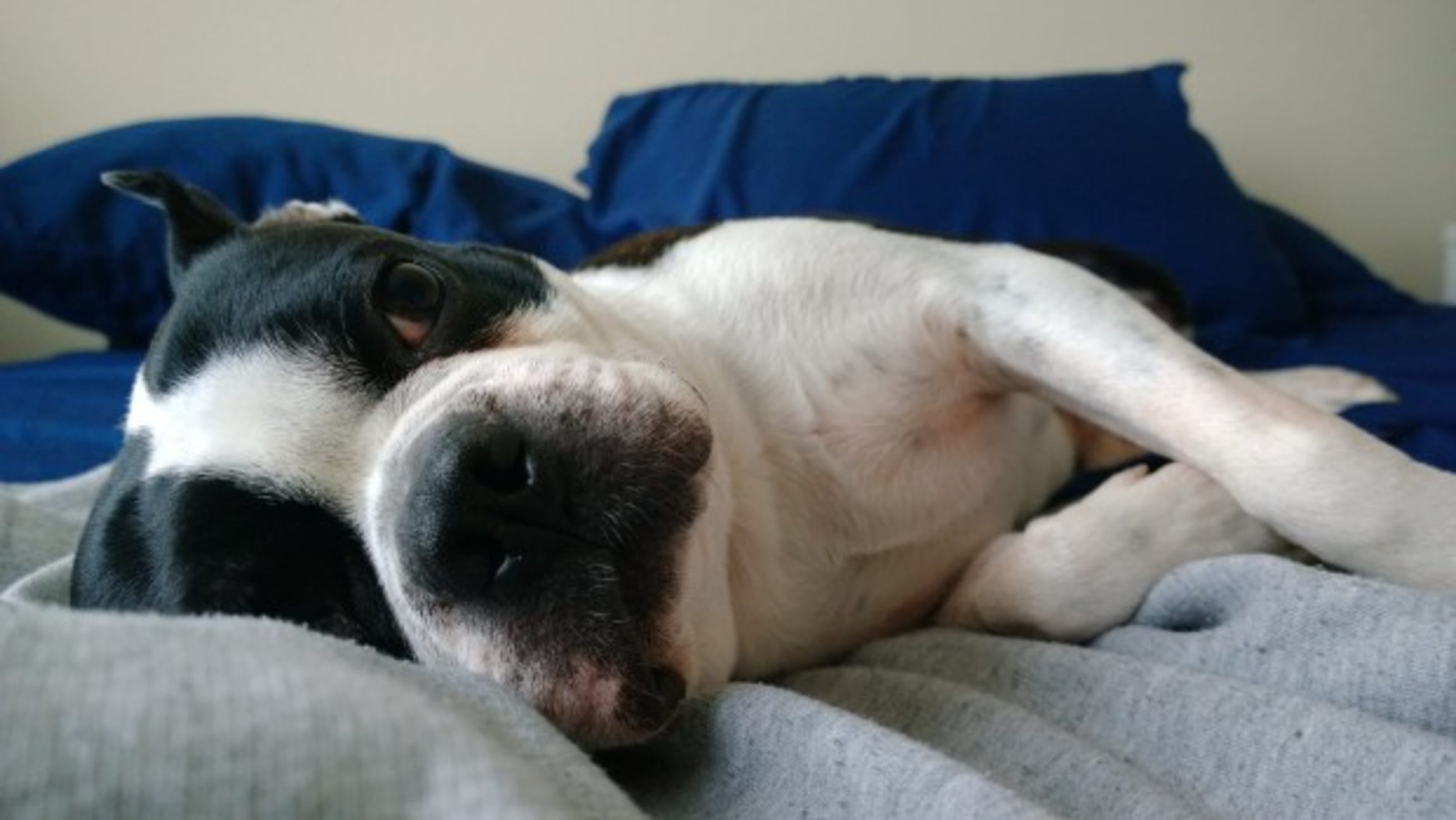
1. Reserve your bed for sleep – Miles Kohrman of Fast Company recommends only using your bed for two things: sleep and sex. “Your bedroom should be a palace of sleep,” he says. “If you have a desk or television in there, that's okay, just make sure it's out of the way when you're getting ready to count the sheep so it doesn't trigger anxiety. If your mind is elsewhere you're going to have a hard time nodding off.”
In other words, if you use your bed for late night Netflix binges or gaming sessions, your brain won’t realize it’s time to get to sleep as soon as you enter your bed. This can seriously affect how long it takes you to doze off each night. However, if you train your brain to make the connection between getting in bed and sleep (or sex), you’re more likely to nod off quickly every time.
2. Take naps, but keep them short – Almost everyone experiences a midday slump. This is when most people rush to the nearest coffee joint in search of a quick jolt. I explained previously that coffee can and often does offer a boost in productivity and alertness, but it’s not a replacement for sleep. Instead, it’s sort of a chemical trick that fools your brain into thinking it isn’t tired by blocking the intake of adenosine.
An affordable alternative to a cup of coffee or your favorite sugary energy drink is a quick nap. When you begin to feel a slump come on, set a timer for 10 to 20 minutes turn off the lights, and count some sheep. Be mindful of your napping habits, however, since sleep sessions between 30 minutes and an hour can often make you feel worse than before. This feeling is known as sleep inertia.
If you’re going to nap, try to keep them consistent and either under 20 minutes or a full 90 minutes as to achieve one full REM sleep cycle. As menial as a nap may seem, it can often have a greater effect than a cup or two of coffee, promoting things such as retention of facts and boosting creativity.
3. Lay off the caffeine late at night – None of that is to say coffee isn’t useful. It can often be very effective at giving you just the nudge you were looking for. However, a poorly timed coffee could actually hurt your productivity or keep you up well into the night.
Caffeine affects every drinker differently. If you have a low tolerance for the drug, it’s best to lay off it at night as much as possible. In fact, if you have a high tolerance, you might want to consider going lighter on the caffeine, as well. Trust me, a decent night’s rest will be well worth the withdrawal headaches in the long run.
4. Routine – Training your brain is the brunt of the process. If you’re off doing something different every evening or going to bed at different times each night, your brain doesn’t have the opportunity to fall into a routine – it won’t have a schedule, a reliable circadian rhythm.
Going to bed at approximately the same time each night and only using your bed for nighttime sleep (meaning, not daytime naps, take those elsewhere) will ensure your body will begin to want to go to sleep around the same time each night.
5. Wind down at night – More than just keeping to a solid sleep schedule, performing the same, relaxing actions before bed every night can help prepare your brain for rest. Some people prefer a warm bath in low light, soft music, or reading. It doesn’t really matter what the activity is, so long as it puts you in a relaxed state.
One thing worth considering is shutting off or dimming the displays on your mobile devices or laptop. Backlit displays emit bright light which fools your brain into still thinking it’s daylight, which can throw your circadian rhythm off by inhibiting the release of melatonin. If you must continue using your devices into the evening, manually dimming the displays is helpful. You can also try applications like f.lux on Mac or Lux on Android to add a warmer tone to the display, as blue light is particularly bad for falling asleep.
A quote which has had a lasting effect on me comes from one of the co-founders of Buffer, Leo Widrich: "Working overtime doesn't increase your output, it makes you stupid." So the next time you're wanting to get more done, consider taking a nap first.
About the author: Taylor Martin is a creator. He has a YouTube channel where he covers technology, DIY projects, and life hacks. He also hosts and produces a weekly podcast, Untethered, where anything goes. You can connect with him on Twitter at @caspertek.
